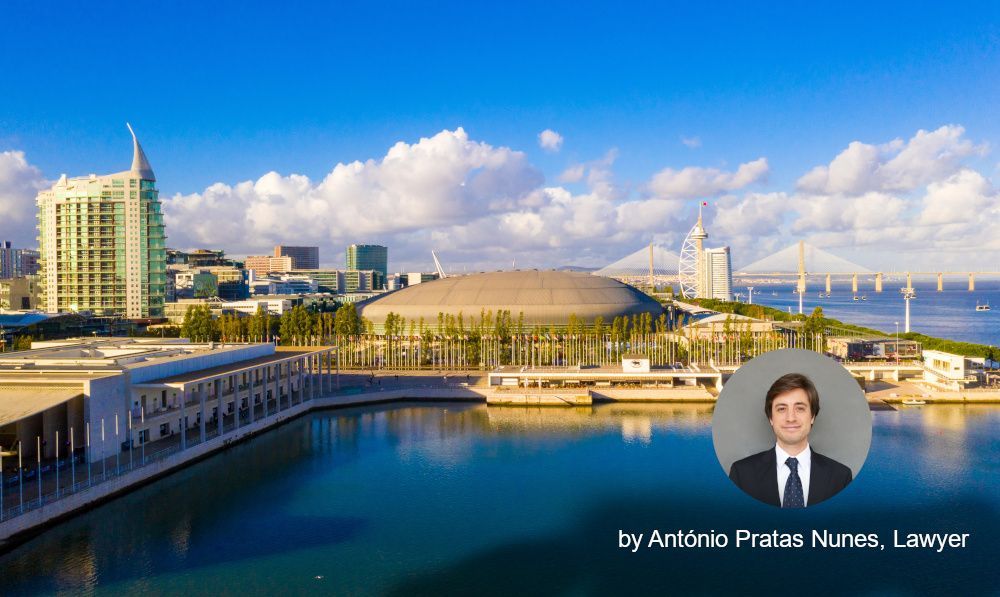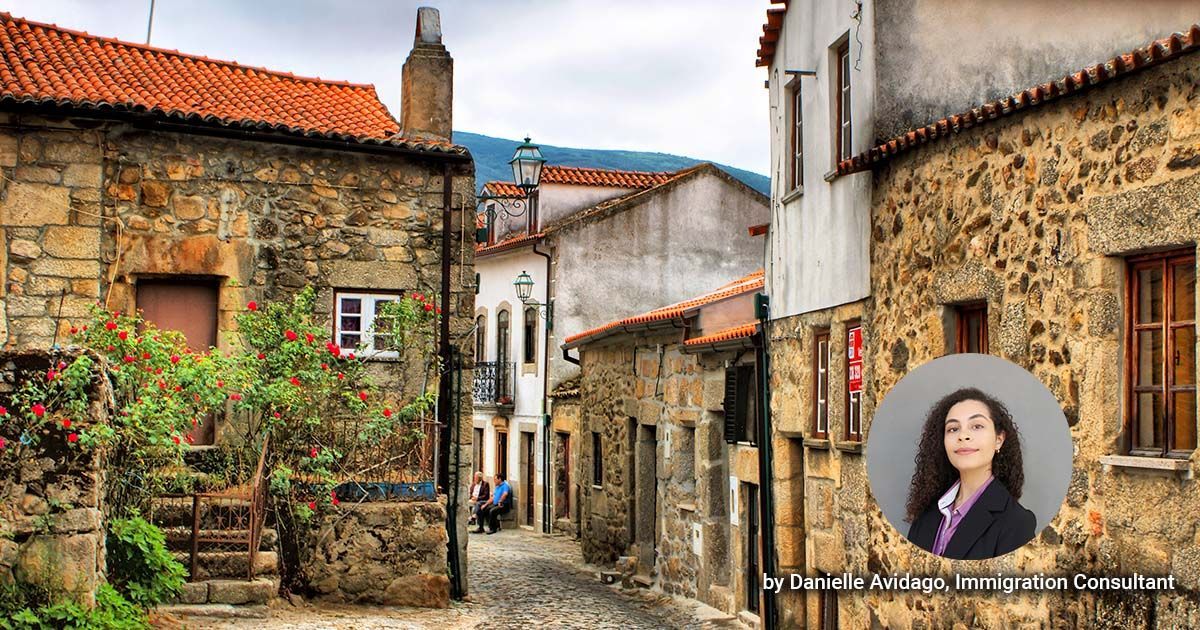New State of Emergency – What Changes from 24th November Onwards
24 November 2020
A new State of Emergency has come into force at 12am on 24th November. The major difference to the past states of emergency is the introduction of 4 pandemic levels according to the number of COVID-19 cases in each municipality.
These are divided as follows:
- Moderate: Municipalities with < 240 cases per 100,000 inhabitants in the last 14 days;
- High: Municipalities with a number of cases between 240 and 479 per 100,000 inhabitants in the last 14 days;
- Very high: Municipalities with a number of cases between 480 and 959 per 100,000 inhabitants in the last 14 days;
- Extremely high: Municipalities with > 960 cases per 100,000 inhabitants in the last 14 days.
This criteria follows the European Centre for Disease Prevention and Control (ECDC) and, although for some municipalities the restrictions are smoother, for others they remain very strict.
Where do I check which level my municipality is?
Please click here
to know which municipalities are within the 4 levels.
What changed from the previous State of Emergency?
For the entire territory (Madeira and Azores excluded) new rules are now in place:
- Prohibition of circulation between municipalities in the following periods:
- Between 11pm on 27th November and 5am on 2nd December (since 1st December is a public holiday);
- o Between 11pm on 4th December and 5am on 9th December (since 8th December is a public holiday);
- Time tolerance and suspension of teaching activity and call for dismissal of the private sector workers on 30th November and 7th December;
- Mandatory use of a mask in the workplace.
What is allowed in the 4 zones?
According to the Government, in accordance with each level, the following restrictions apply:
For municipalities with a “high” risk level, in addition to the measures applied to the entire continental territory:
- Prohibition of circulation on public roads between 11pm and 5am;
- Action to monitor compliance with mandatory remote working;
- Maintenance of the opening hours of establishments (10pm, except restaurants and cultural facilities at 10:30pm).
For “very high” and “extremely high”
municipalities, in addition to the measures applied to the entire national territory, the following also apply:
- Prohibition of circulation on public roads between 11pm and 5am on weekdays;
- Prohibition of circulation on public roads on Saturdays and Sundays between 1pm and 5am;
- Prohibition of circulation on public roads on December 1 and 8 between 1pm and 5am;
- On 30th November and 7th December, commercial establishments must close at 3pm;
- Action to monitor compliance with mandatory remote working;
When might my temperature be measured?
When entering the below mentioned places, there is the possibility of carrying out body temperature measurements, through non-invasive means:
- Workplaces;
- Educational institutions;
- Means of transportation;
- Commercial, cultural and sporting venues.
What if I disagree with measuring my temperature?
In the case of refusal to measure the body temperature or in case the body temperature is 38o C or higher, the access to the places previously mentioned can be prevented.
The measurement of the body temperature does not affect the right to personal data protection.
Where can a Covid-19 test be demanded?
- In health facilities;
- In residential structures;
- In educational facilities;
- At the entry and exit from national territory, by air or sea;
- In detention facilities;
- Other places, determined by the DGS (National Health Authority).
In summary
It is a nation-wide effort that all citizens living in the country must do to contain the virus.

In Portugal, the annual income tax return for the 2024 tax year – IRS Modelo 3 – must be submitted between 1 April and 30 June 2025. Even though, you may request an extension of the filing deadline until 31 December of the same year by submitting Modelo 49 of the Portuguese Personal Income Tax system in certain circumstances.

A nova legislação veio transformar o regime das Autorizações de Residência para cidadãos da CPLP. Entre as principais mudanças, destaca-se a introdução de um cartão físico com validade de 2 anos, a necessidade de visto consular prévio, e o acesso à livre circulação no Espaço Schengen – algo até agora inacessível com este tipo de autorização.

Bought a new or recently renovated home in Portugal, only to find leaks, cracks, or other defects? You may be entitled to legal protection under Portuguese law, with warranty periods ranging from five to ten years. Learn how to identify defects, notify the responsible party, and take action. This article explains your rights and the steps to protect your investment.








